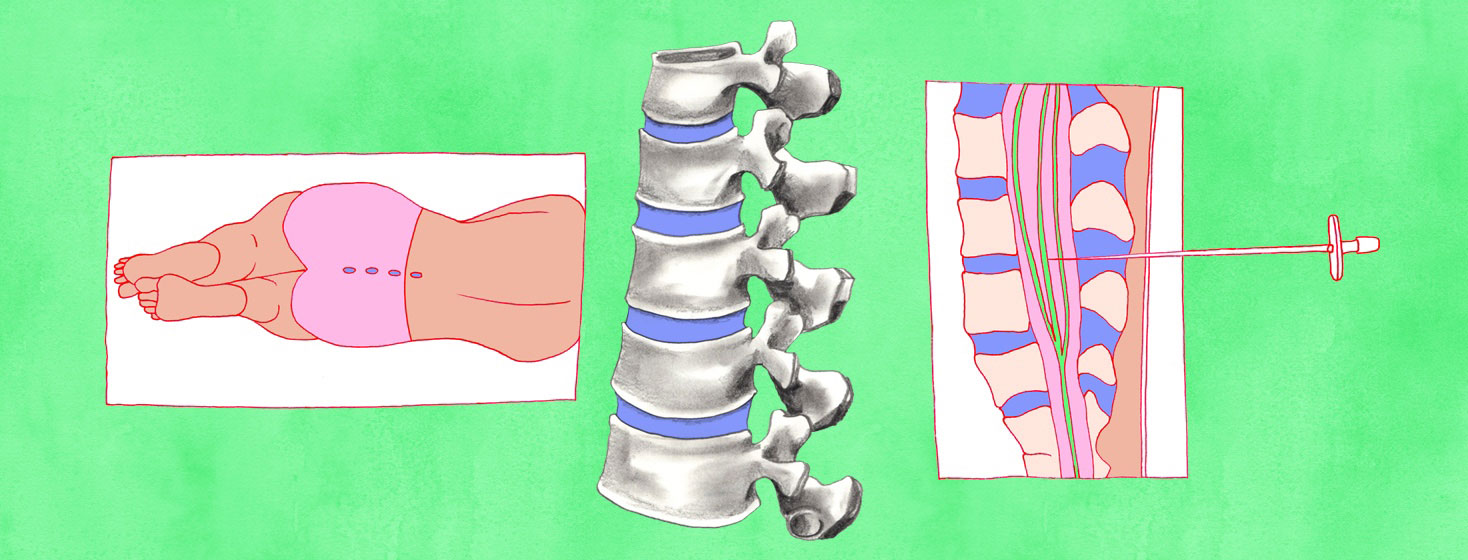Hali's Journey with NMOSD Part 3
Editor's note: This article is part of a multi-part series. To read part one, click here, and to read part two, click here.
Still no answers
The first week in the hospital was difficult. Blood test after blood test, but no answers yet. The heat triggered my attacks. Due to COVID-19 protocols, the hospital did not have rooms with windows that could open. The neurologists were not going to start any treatment until I had my MRI scans. My slot for a scan kept getting changed, whilst my condition became worst.
"People are dying out there"
On top of that, some of the nurses were dismissive of how bad my condition was. I couldn’t move without assistance, yet I got told “people are dying out there” and that they had it worse. People do have it worse, but it didn't mean it was okay to dismiss my condition. I wouldn't willingly rely on people to do the basic things I could have done before I became unwell. No one wants to lose their independence, especially being so young.
I just wanted to go home
After that, I was afraid to ask for any help and wanted to go home to my parents. I hated being alone, especially at night. It was scary and uncomfortable. My attacks were getting worse and I had to deal with them on my own. I was given pregabalin to ease the nerve pain which seemed to make it worse. It just felt like I was never going to get any relief. I was also given diazepam for my body jerks, morphine and co-codamol three times a day. At some points, I would forget where and who I was due to being on so many drugs.
I didn't want to have this procedure
After my MRI scans, I was then scheduled for a lumbar puncture. This was the one procedure I did not want to go through with. If I made any sudden movements, I would get an attack. For this procedure, you need to be in a certain position so the doctor can get fluid out of the spine. But I had already suffered for weeks, and I knew I needed to do this to get answers. To make things a bit easier, I had my dad stay with me whilst going through the procedure. My parents' support got me through all the pain. Without them, I don't think I would've had the strength to pull myself out of the dark place I was in, both physically and mentally. They were the only reason I had a bit of hope I would get better.
They told me this was a "one-time thing"
During the third week of September, I was diagnosed with MS and put on a methylprednisolone drip for five days. I was aware of what MS was but it took me a while to process that now, I, a 19-year-old, am stuck with a life-long disease. On my third day on the drip, the neurologist came to see me and told me the diagnosis had changed, as I was AQP4 positive. This meant I had a disease called neuromyelitis optica spectrum disorder, which I had never heard of. She seemed like she did not know much about it either, however, reassured my family and I that it was a "one-time thing" and I would never experience anything like this again. We were so happy to hear that I would not be stuck with a disease for life.
I dismissed my symptoms
We were told that the five-day drip of methylprednisolone was enough and I would not need any treatment again. So, on the 22nd of September, I returned home. I still had muscle weakness, so I used crutches to walk around. However, after a few days of returning home, my symptoms started to return. My left hand started becoming stiff and numb again and my body experiencing burning sensations. I just dismissed the symptoms, telling myself the steroid drip will take some time to work. I then received a phone call from a neurologist who wanted to schedule a meeting with me to discuss my diagnosis. I knew something was wrong and that it was definitely not a "one-time thing."

Join the conversation